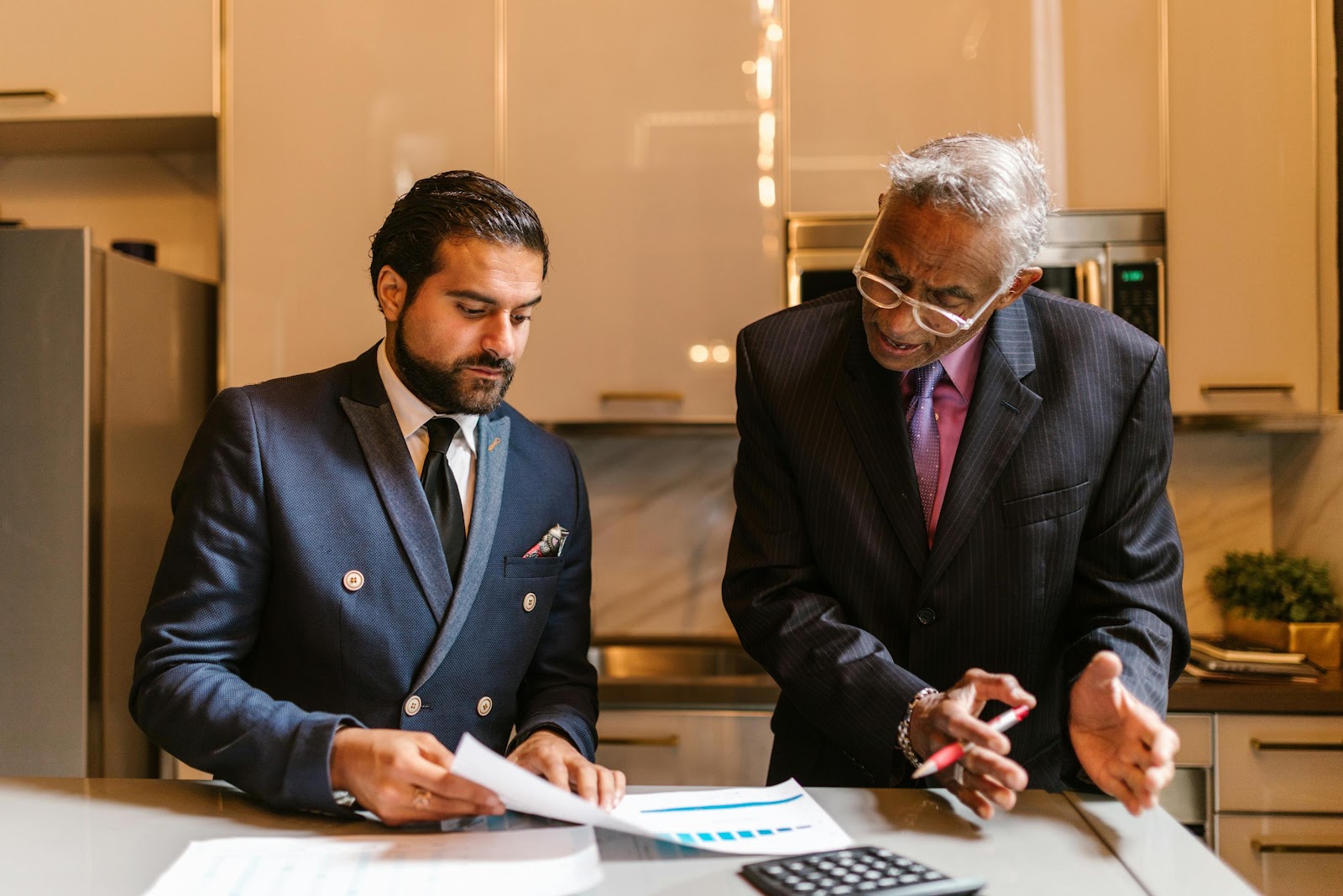Although seeking justice is a fundamental right, the Deaf community may find it difficult to navigate the legal system.
Communication, whether in courtrooms, police encounters, or the judicial process itself, is the foundation of legal systems all over the world.
These systems’ inaccessibility can have serious repercussions for Deaf people, such as misinterpretation, misrepresentation, or complete exclusion.
For the Deaf community, the battle for accessibility in the legal system is still crucial as the call for equal rights grows.

The Communication Barrier in Legal Systems
The communication barrier is one of the biggest obstacles Deaf people encounter in the legal system.
Since spoken language is used extensively in the great majority of court proceedings, it can be challenging for Deaf people to fully participate or effectively defend themselves.
The inability to obtain timely and accurate communication is a clear violation of their legal rights, regardless of whether they are involved as jurors, defendants, witnesses, or victims.
For many members of the Deaf community, sign language—a fully recognized language in and of itself—is their main form of communication.
However, there are frequently few certified sign language interpreters available in courtrooms.
Deaf people might find it difficult to comprehend court proceedings, legalese, or even their own rights without expert interpretation.
Confusion, delays, and unfair results are frequently the results of this.
The availability of sign language interpreters in all legal settings, such as courtrooms, police stations, and legal aid services, must be guaranteed by governments.
This entails setting up systems that allow Deaf people to request help without any obstacles in addition to offering qualified interpreters.
The integrity of the legal system is directly compromised by the lack of interpreters or by insufficient communication techniques, which leads to unfair treatment of Deaf people.
Access to Legal Representation
One essential component of justice is having access to knowledgeable legal counsel, yet this is frequently denied to Deaf people.
A large number of attorneys and other legal professionals are not properly trained in communicating with Deaf clients.
This may result in misconceptions and misreadings that have a substantial effect on the caliber of legal counsel and representation.
It can be challenging for Deaf people looking for legal representation to locate an attorney who is sensitive to their communication needs.
Many are compelled to rely on friends or family to help them have conversations with their legal counsel, which may result in improper interpretation of legal advice or confidentiality violations.
By encouraging law firms and public legal aid services to provide specialized training for attorneys working with Deaf clients, governments can address this issue.
Furthermore, the availability of legal representation services created especially to benefit the Deaf community can guarantee that legal counsel is fair, accurate, and easily accessible.
Police Interactions and the Deaf Community
For many people, their interactions with law enforcement are their first exposure to the legal system.
For the Deaf community, this can be a particularly vulnerable time.
There may be major, even fatal, repercussions if Deaf people and police officers miscommunicate.
Deaf people frequently do not realize they are being told instructions or commands, which can result in miscommunications or arrests that are not motivated by wrongdoing.
Another significant problem is the absence of sign language interpreters during police questioning.
Unaware deaf people may give up their rights or make statements they do not fully comprehend when asked questions.
This may lead to the loss of important legal protections or to false confessions.
To guarantee that all interactions with Deaf people are carried out fairly and with respect, police departments need to be outfitted with the necessary tools and training.
To protect the rights of Deaf people in these crucial circumstances, it is imperative to provide prompt access to certified interpreters during arrests, interviews, and interrogations.
The implementation of required training programs for law enforcement personnel that teach them how to interact with Deaf people must be spearheaded by governments.
Sensitivity training and the use of technology, like real-time text messaging, to fill in the gaps when interpreters are not immediately available should be part of these programs.
Participation in Court Proceedings

Although the right to a fair trial is essential to any functioning legal system, Deaf people frequently face numerous barriers when trying to participate in court proceedings.
Key components of their case, such as testimony, the presentation of evidence, and legal arguments, may be missed by Deaf people if appropriate accommodations are not made.
The trial’s verdict and the general administration of justice may be affected by these lost opportunities, which could have dire repercussions.
Courtroom accommodations should include captioning or real-time transcription services in addition to the requirement for certified sign language interpreters.
To ensure they can follow every step of the trial process, deaf people who rely on lipreading or written communication should have access to a variety of communication support options.
Courts must also consider the speed of proceedings, making sure that interpreters have enough time to accurately convey information and that Deaf people have enough time to comprehend and react.
Another difficulty is getting Deaf people to serve on juries.
Although serving on a jury is a fundamental civic duty, Deaf people are frequently denied jury duty because of the perceived difficulty of providing interpretation services.
In addition to restricting Deaf people’s representation in the legal system, this exclusion also prevents them from participating in the legal system.
Governments must endeavor to establish inclusive jury systems that provide interpreters and other communication aids when necessary, allowing Deaf people to serve without excessive obstacles.
Legal Education and Awareness
Promoting legal education and awareness is another essential component of making the legal system more accessible to the Deaf community.
Because there is a dearth of easily accessible legal information, many Deaf people are not aware of their legal rights or the services that are available to them.
To ensure that information regarding rights, laws, and legal procedures is conveyed clearly and effectively, governments and legal organizations should collaborate to offer legal education programs tailored especially for Deaf people.
A crucial first step is developing accessible legal resources, such as websites featuring videos in sign language, streamlined legal terminology, and formats that are accessible to Deaf people.
This guarantees that Deaf people can confidently navigate the legal system and gives them the ability to take charge of their legal rights.
Conclusion
Governments have a vital role to play in making sure that Deaf people are not left behind in the continuous battle for accessibility in the legal system.
A more inclusive legal system can be achieved in several ways, such as by providing sign language interpreters in courtrooms and educating law enforcement personnel on how to communicate effectively with Deaf people.
Upholding justice and equality requires making sure Deaf people can fully participate in court proceedings, have access to legal representation, and receive fair treatment when interacting with the police.
For those who are looking for additional support, Unspoken Language Services offers interpreting services to help bridge the communication gap between the deaf and hearing communities.
Thumbnail Photo by Antoni Shkraba

